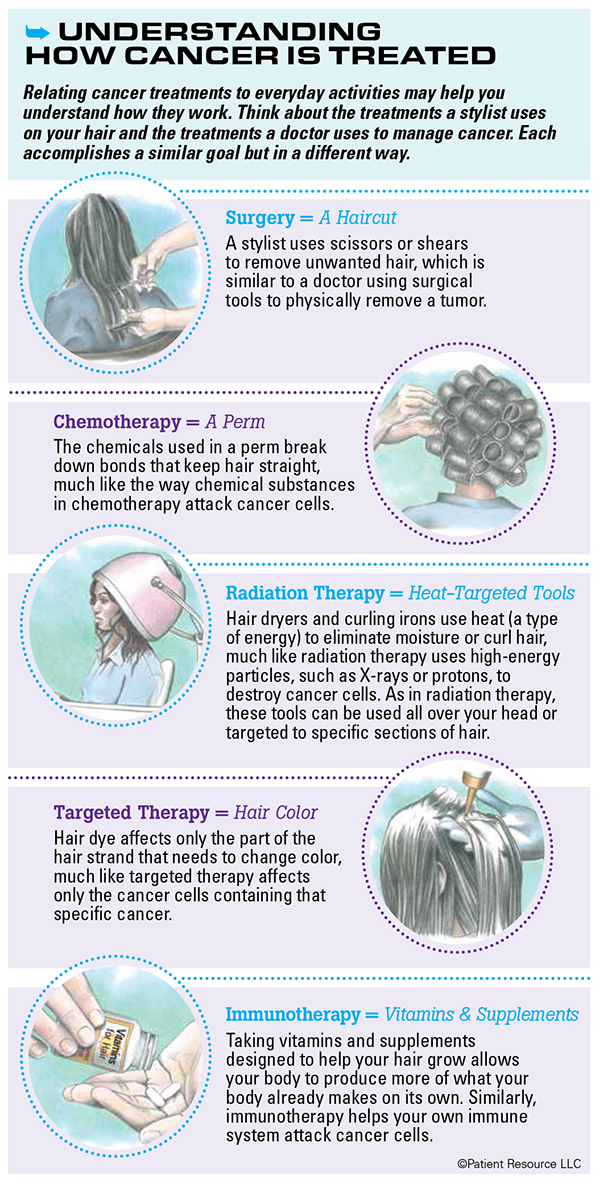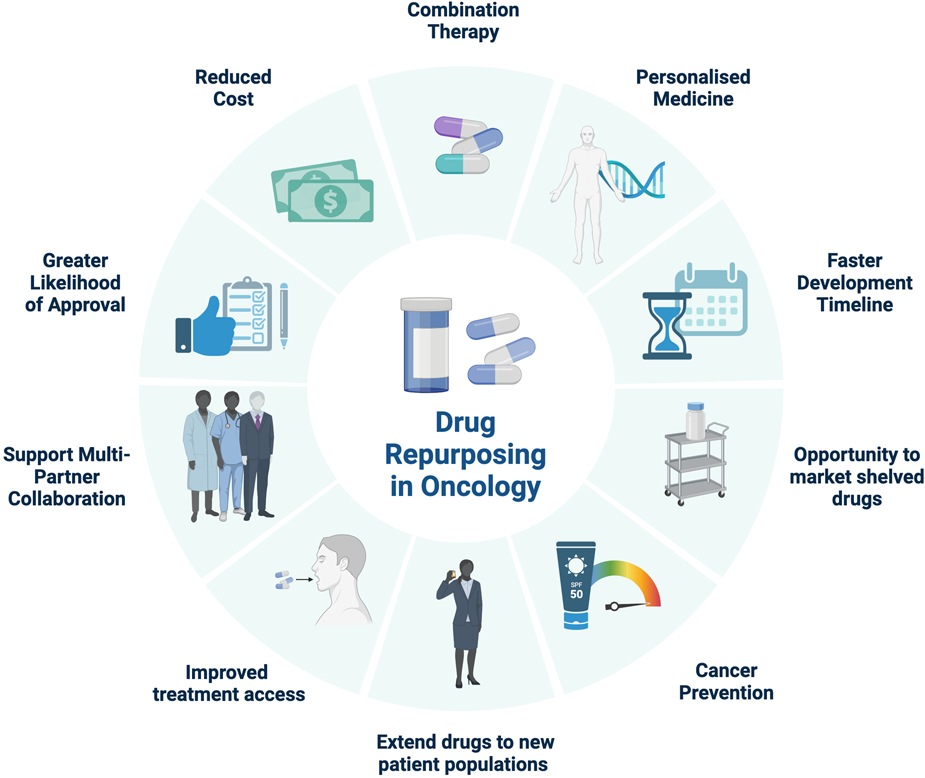About Arogyajivan Medical Tourism For Oncology
About Arogyajivan Medical Tourism For Oncology
Blog Article
6 Easy Facts About Arogyajivan Medical Tourism For Oncology Explained
Table of ContentsNot known Facts About Arogyajivan Medical Tourism For OncologyArogyajivan Medical Tourism For Oncology Fundamentals ExplainedNot known Facts About Arogyajivan Medical Tourism For OncologySome Of Arogyajivan Medical Tourism For OncologyArogyajivan Medical Tourism For Oncology Can Be Fun For EveryoneThe Buzz on Arogyajivan Medical Tourism For OncologyNot known Incorrect Statements About Arogyajivan Medical Tourism For Oncology
If you have cancer cells, your health treatment copyright will certainly suggest one or more ways to deal with the disease. Below is a summary of the different treatments for cancer cells and how they work.Cancer cells grow and separate faster than typical cells in the body. Because radiation is most damaging to quickly expanding cells, radiation therapy problems cancer cells a lot more than normal cells. It utilizes materials made by the body or in a laboratory to assist the immune system work harder or in a more targeted method to deal with cancer cells.
Some have contaminants or contaminated substances connected to them. Immunotherapy is provided by IV. Hormone therapy is used to treat cancers cells that are fueled by hormonal agents, such as breast, prostate, and ovarian cancers. It makes use of surgical procedure, or medicines to stop or obstruct the body's all-natural hormonal agents. This assists reduce the development of cancer cells.
Thin fibers at the end of television direct the light at the cancer cells. Lasers are also made use of on the skin. Lasers are usually used with various other kinds of cancer cells therapy such as radiation and chemotherapy. In photodynamic treatment, a person obtains a shot of a medication that is delicate to an unique kind of light.
How Arogyajivan Medical Tourism For Oncology can Save You Time, Stress, and Money.

An oncologist is a cancer doctor. Advertising and marketing on our site helps support our objective. A visit to an oncologist offers you a chance to chat with a professional that comprehends what you're going through.
They're prepared to help, and they'll walk with you every action of the method. An oncologist obtains involved if you have signs that may be cancer.
Some Ideas on Arogyajivan Medical Tourism For Oncology You Need To Know
The sooner you get a diagnosis, the much better. Many cancers cells are a lot more treatable in the onset. Cancer is an intricate condition. Individuals with cancer cells usually require several oncologists on their medical read more care group. This multidisciplinary strategy allows each professional to focus on a various area of your therapy with a typical goal of joint, thoughtful care - ArogyaJivan Medical Tourism for Oncology.
A lot of clinical oncologists additionally concentrate on hematology (the diagnosis and treatment of blood conditions and blood cancers cells). These doctor use radiation therapy to treat cancer. Radiation can reduce growths before surgical treatment or kill staying cancer cells after surgery. You might have radiation as a stand-alone therapy or in combination with other therapies.
The Facts About Arogyajivan Medical Tourism For Oncology Uncovered
Do I have cancer cells? For how long have I had it? What will my life look like now? If these are the inquiries racing with your mind, you're not the only one. Your oncologist is right here to assist you navigate these click for more info emotions. Throughout your initial go to, your oncologist will: Ask you to explain your symptoms in detailDo a find more info physical examinationEvaluation your clinical documents, including household history and any past or present wellness conditionsRun any kind of needed tests (like imaging examinations or lab work) to read more regarding your symptomsDetermine whether you need a biopsyAs soon as your oncologist gathers the details they need, they'll: Talk about the results of your testsSend their findings to the health care provider that referred youTell you whether you have cancer cells and if so, what kindTalk to you regarding different therapy optionsListen to your issues and anxietiesGive you sources that can supply support and additional informationYour initially oncology check out may occupy to 3 hours.
Oncology is the research of cancer. Professionals trained in oncology supply care for individuals that are at threat for cancer, being treated for cancer, and living with cancer after therapy.

The Single Strategy To Use For Arogyajivan Medical Tourism For Oncology
Some kinds of cancer cells take place most frequently in these more youthful age teams. When these types of cancer cells periodically happen in grownups, those adult individuals may select to function with a pediatric oncologist.

In some situations, a surgical oncologist might be the initial expert a person sees. Sometimes when cancer cells is presumed but not diagnosed, an oncologist could likewise be involved. Some individuals with blood disorders that might or may not be malignant may be described a hematologist oncologist. Numerous individuals will continue seeing their oncologist for follow-up consultations to check for signs of cancer cells coming back and to handle any kind of adverse effects from treatment.
Some Known Facts About Arogyajivan Medical Tourism For Oncology.
If you have a cancer medical diagnosis and are evaluating your treatment choices, consider joining a clinical trial. They might appear daunting at first, professional tests can be extremely useful no matter what type or stage of cancer cells you have. Benjamin Levy, M.D., medical supervisor of the Johns Hopkins Kimmel Cancer Center at Sibley Memorial Hospital and a lung cancer cells researcher, clarifies several of the reasons to sign up with a scientific test.
Report this page